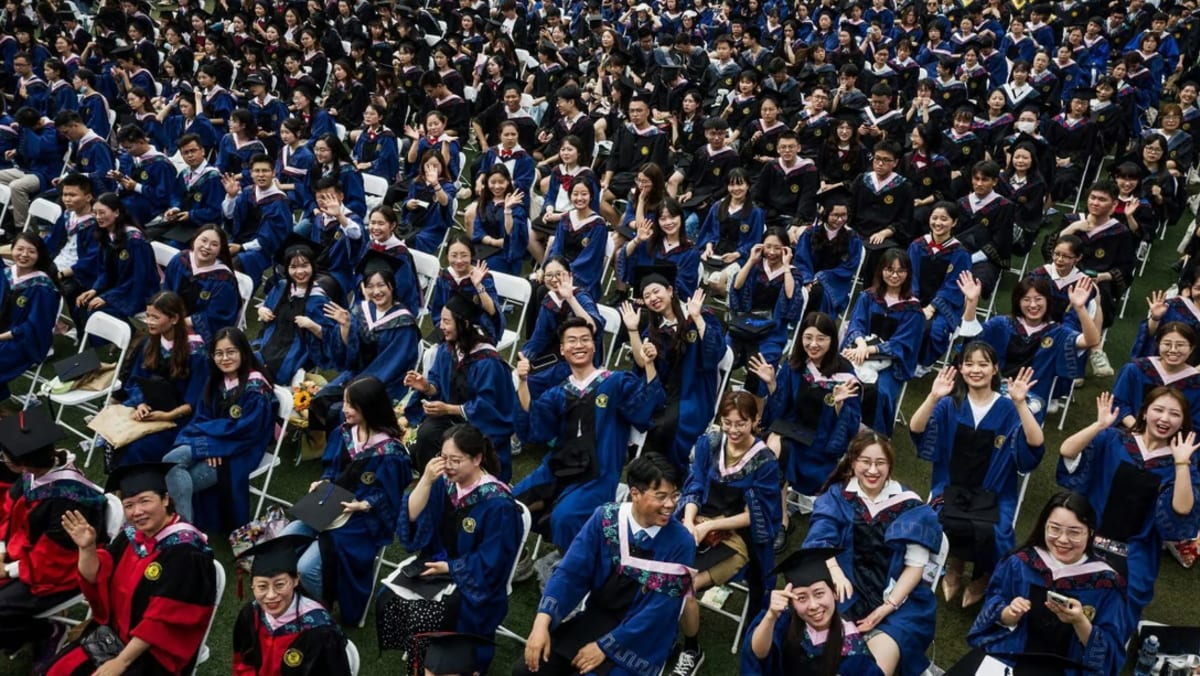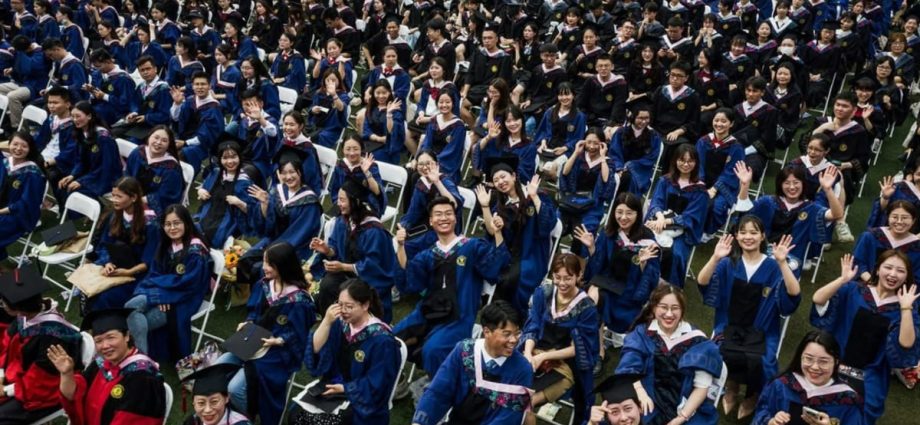
In addition, those who were unemployed or stayed in transitional jobs during the coronavirus pandemic would re-enter the job market, further intensifying the competition, he added.
The number of recently graduated jobseekers who remain unemployed could exceed millions, according to media reports.
Lu noted that it is necessary to place greater emphasis on timely and appropriate “countercyclical adjustments” and raise the confidence level in the private sector by addressing their concerns.
The private sector, which employs more than 80 per cent of the urban workforce, suffered from slowing economic activities last month, pointing to weak confidence and slowing momentum.
“Any measures that help youth employment would be good. Certainly, (government) policies should respect the preferences and appeals of young people,” Lu added.
The government should also minimise policy impact to ensure government supervision is transparent, Lu said, adding that the regulatory crackdowns in private tutoring, real estate and internet sectors severely affected the employment situation of young people.
State-owned companies and the public sectors should also continue to expand hiring, as a transitory solution, he added.
Larry Hu, chief China economist at Macquarie Group, said in a report last week that the persistently high youth unemployment points to a self-fulfilling confidence problem.
“Corporates are reluctant to hire because of soft consumer demand, while consumers are reluctant to spend because of the weak labour market,” Hu said.
“As a result, policy is the only game changer at this stage.”
This article was first published on SCMP.

